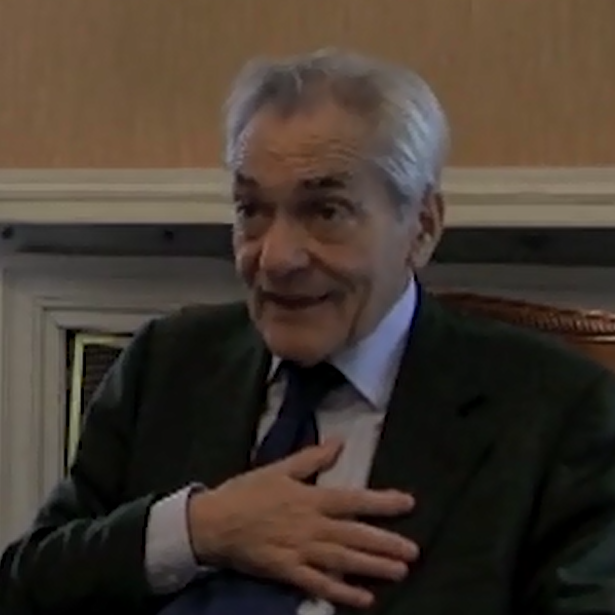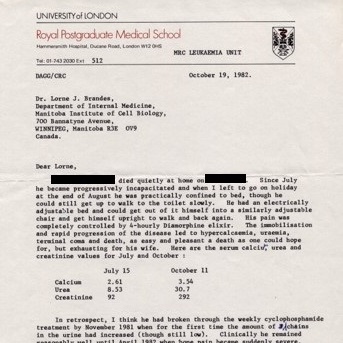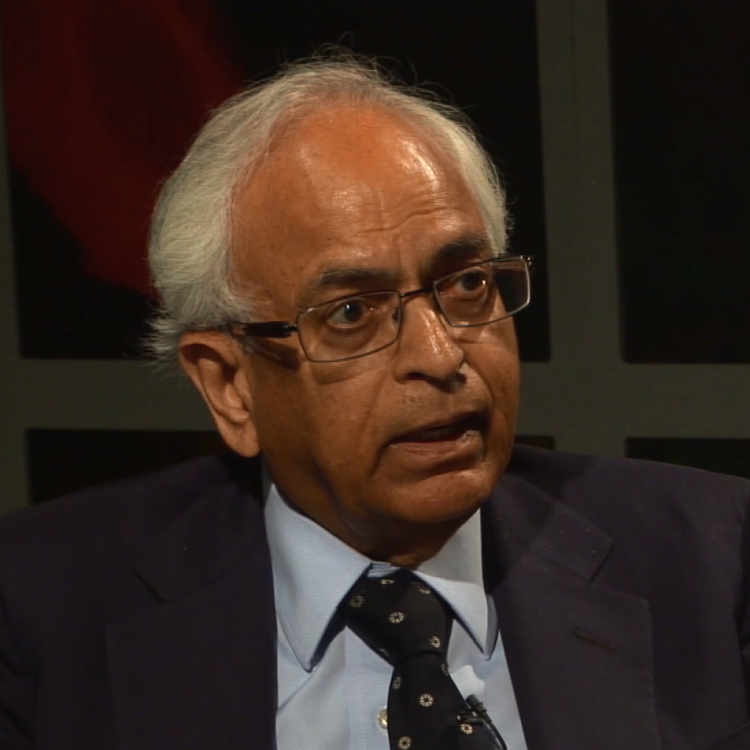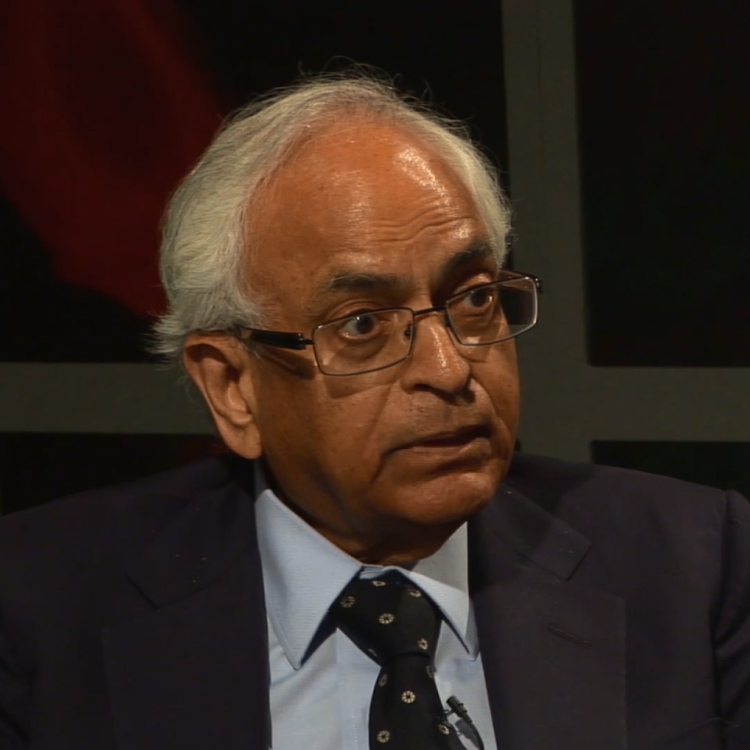The following items discuss treatment for CLL and other hematological disorders, from specific courses of treatment to their effectiveness. For discussion of clinical trials for various forms of treatment or cases that were part of an active clinical trial, see Clinical Research.

Binet Interview Part 1: Research Collaboration and iwCLL
Dr. Jacques-Louis Binet recounts the origins of the International Workshop on CLL (iwCLL), from the first idea through the challenges of organizing the first few meetings. He names many of the early members of iwCLL and describes their early efforts to collaborate on clinical research. He also discusses the origins of the French Cooperative Group on CLL.

Binet Interview Part 2: History of French Hematological Treatment
Dr. Jacques-Louis Binet continues his recollections on the formation of the French Cooperative Group on CLL and discusses the history of the treatment of CLL and other hematological diseases in France. Lastly, he discusses his relationship with his mentor, Jean Bernard, and Bernard’s contributions to leukemia treatment in France.

Letter discussing the course of treatment for a patient, alias Mr. Doe, following a recent chest infection.

Letter providing an update on a patient with myeloma, alias Mr. Doe, whose disease had rapidly become highly aggressive. Weekly cyclophosphamide and prednisolone were no longer working, and Galton was giving him diamorphine for the pain, while considering treating Mr. Doe with interferon.

Letter providing an update on a patient, alias Mr. Doe, who had died within the last week. Galton provides Mr. Doe’s serum calcium, urea, and creatinine values for July and October.

Letter discussing an atypical PL case and comparing it to that of other elderly women with PL whom Galton had observed.

Hallek Interview Part 1: European Collaboration on Clinical Research
Dr. Michael Hallek recounts his early career in medicine and how his relationships with others led him to CLL research and inspired him to found the German CLL Study Group (DCLLSG), and later co-found the European Research Initiative on CLL (ERIC). The video concludes with a discussion of some of ERIC’s work on establishing standards and collaborating on clinical research.

Hallek Interview Part 2: Treatment of CLL
Dr. Michael Hallek discusses treatment of high-risk Binet stage A CLL patients and their inclusion in clinical trials performed by the German CLL Study Group (DCLLSG), the controversy over the inclusion of monoclonal B-cell lymphocytosis (MBL) in the iwCLL’s revision to the National Cancer Institute–sponsored Working Group’s (NCI-WG) 1996 guidelines, and the role of splenectomy in CLL treatment.

Hallek Interview Part 3: Clinical Trials in CLL
Dr. Michael Hallek discusses the benefits and challenges of using mouse models such as TCL1, NOD/SCID, and NZB in CLL drug trials and studies attempting to isolate potential cancer stem cells. Then, he discusses proposed trials comparing the effectiveness of various drug combinations and, hypothetically, how one might develop a study to determine whether certain types of chemical agents are linked to CLL.

Rai Interview Part 3: CLL Treatment
Dr. Kanti Rai discusses the historical shift in CLL treatment from palliative care to the pursuit of complete remission and minimal residual disease or conversion to a manageable chronic disease as effective treatments have become available.

Rai Interview Part 8: Splenomegaly Management
Dr. Rai and Dr. Marti discuss treatment for splenomegaly, including the advisability of splenectomy, and how one would develop a clinical trial examining the effects of splenectomy on CLL patients.

Letter discussing Galton’s opinion of Vindesine in treatment and the MRC Working Party’s interferon trials.